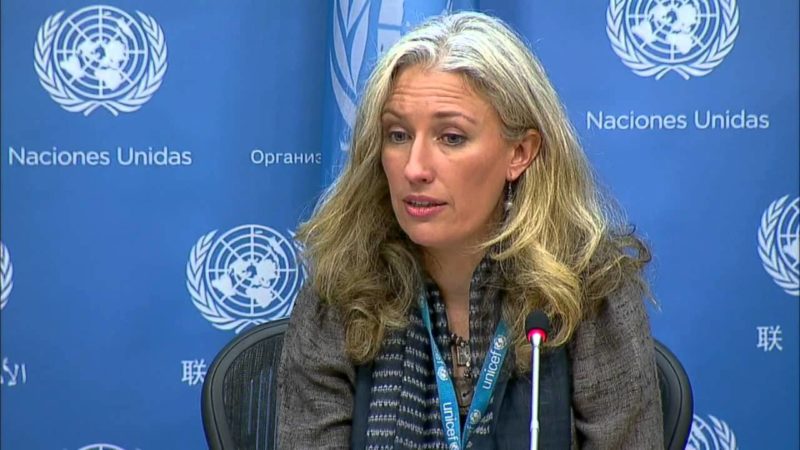The United Nations Children’s Fund (UNICEF) on Monday, June 11, 2018 expressed concern over the low attention and investment in the sanitation sector in Nigeria.

Ms Mainga Banda, a UNICEF Water Sanitation and Hygiene (WASH) Specialist, spoke at the opening of a Media Dialogue on WASH in Awka, Anambra State.
It was organised by UNICEF in collaboration with the Federal Ministry of Information.
Banda said that access to WASH in the country was critical as its absence affects health, nutrition and education.
She said that Nigeria was among the top three countries practicing open defecation, stressing the need for increased investment to reverse this trend.
Banda said it was saddening to note that 75.8 per cent of people practicing open defecation was in the rural areas.
She called for sustainable ways to close the gaps toward ensuring that everyone has access to improved sanitation and hygiene.
The specialist observed that much impact has not been seen in the 15 years of intervention, as many people were still practicing open defecation.
Banda urged the stakeholders to do more to scale up interventions in hygiene promotion.
She said that UNICEF was working with WASH committees, especially in the rural areas to scale up access to WASH through the use of Community Led Total Sanitation (CLTS).
The WASH specialist said that with availability of toilets, behaviour change would occur and people would also understand the importance of scaling up hygiene promotion practices.
“It is important for Nigeria to invest in WASH, if the country would meet the Sustainable Development Goals before 2030.
“Access to WASH has a great impact on health, education and nutrition; we must do more to better our lives,” Banda said.
She said there was need for promotion of safely managed excreta, adding it involves the need to ensure that toilets were covered at all times with fly proof items.
Contributing, Mr Olumide Osanyinpeju, the Head, Child Rights Information Bureau, Federal Ministry of Information, urged the media to advocate improved access to water and sanitation, especially in the rural areas.
Osanyinpeju said that concerted efforts were needed by all to support the provision of safe drinking water for all Nigerians, noting that access to water and sanitation means inclusive development for all.
He commended UNICEF and EU for being at the fore-front in ensuring that every Nigerian has access to potable water and sanitation.
By Tosin Kolade
